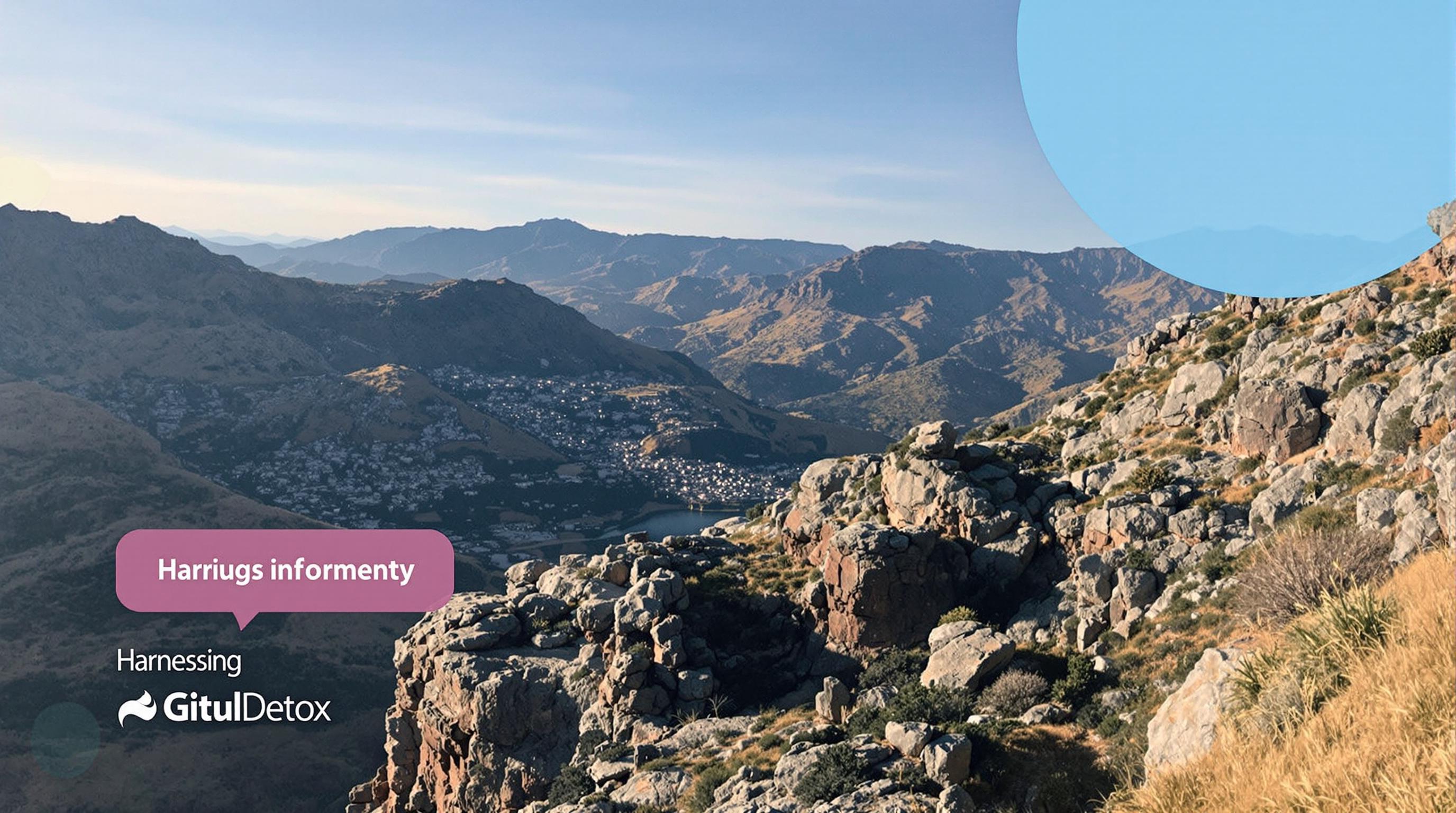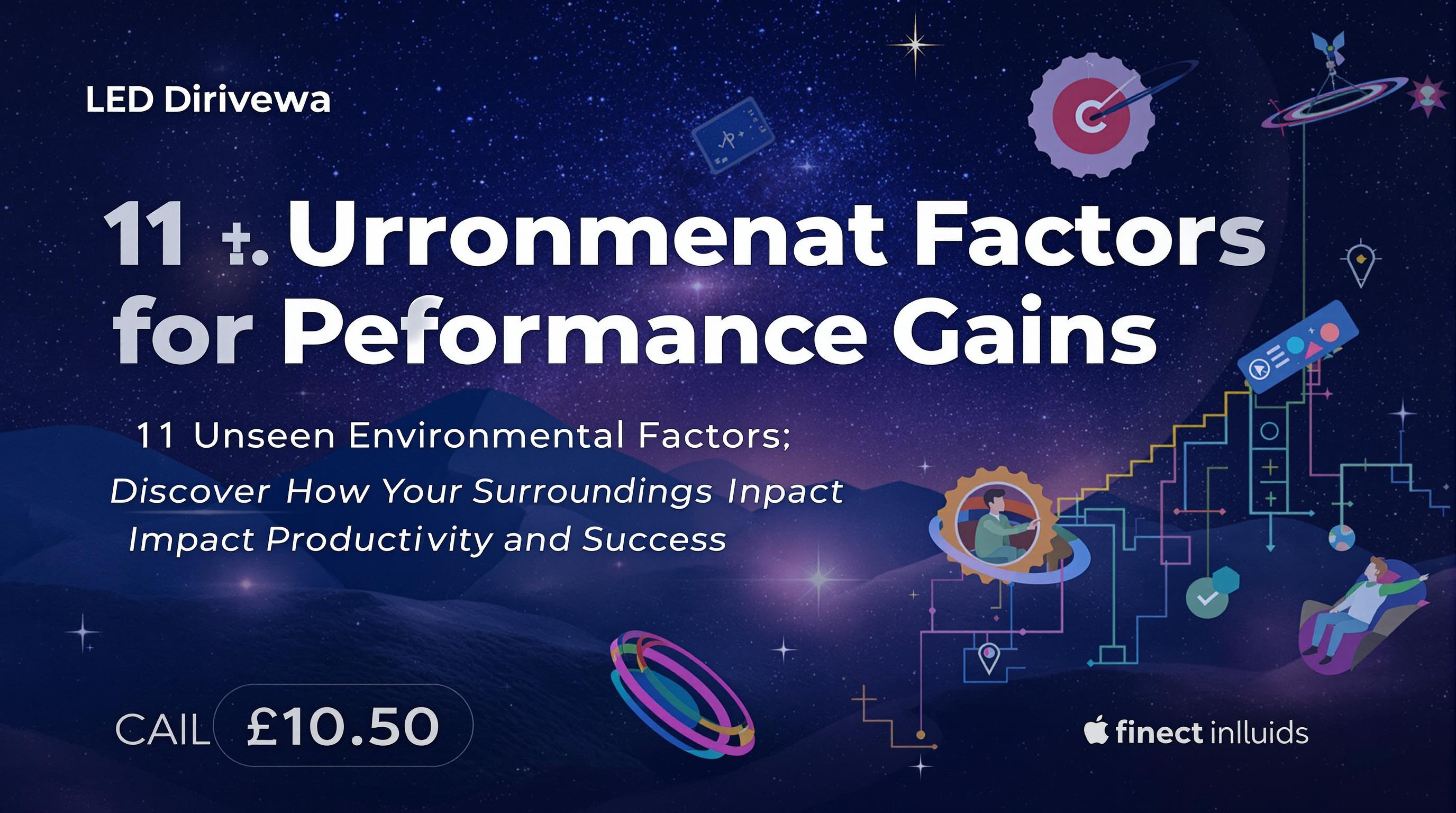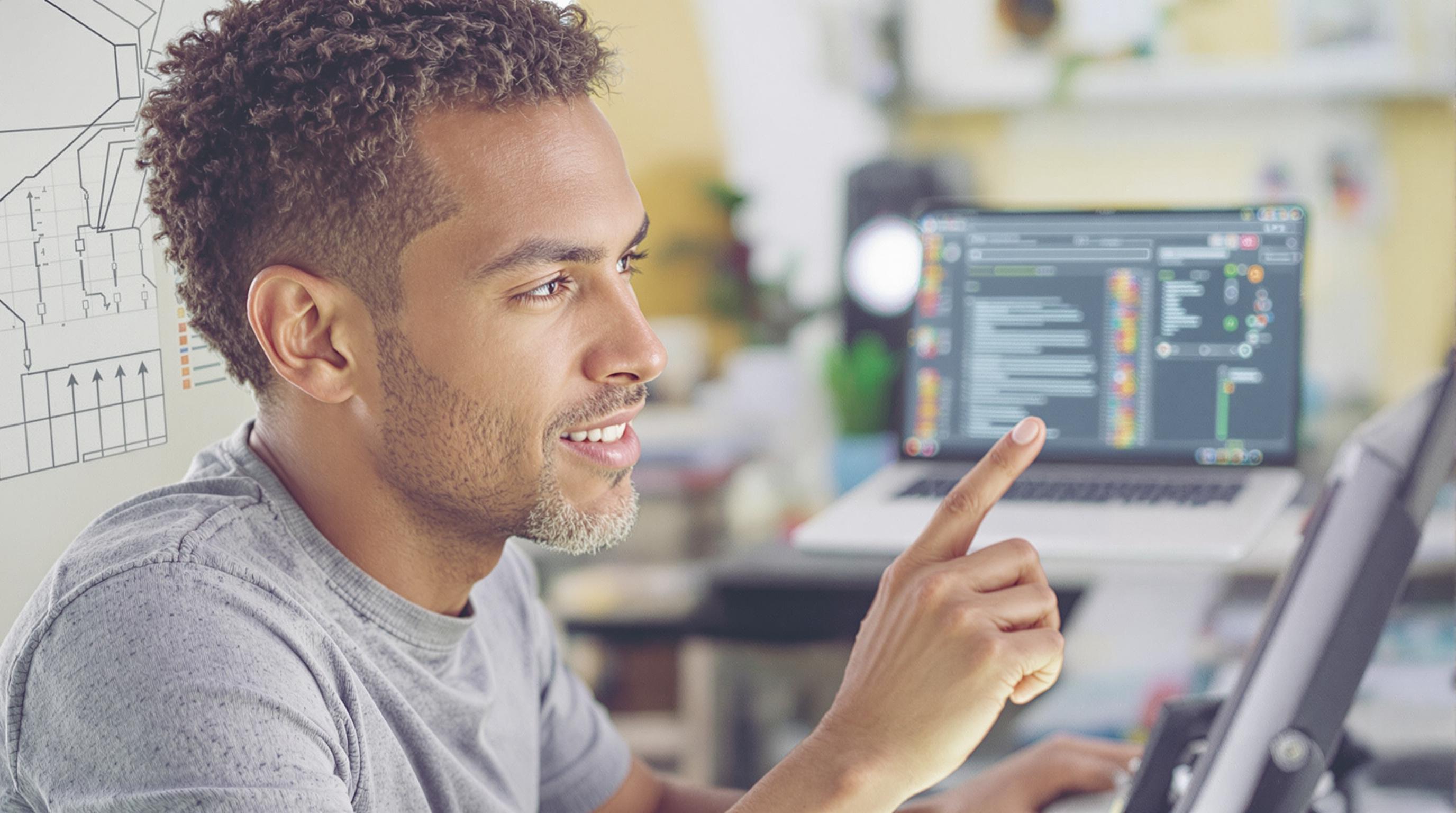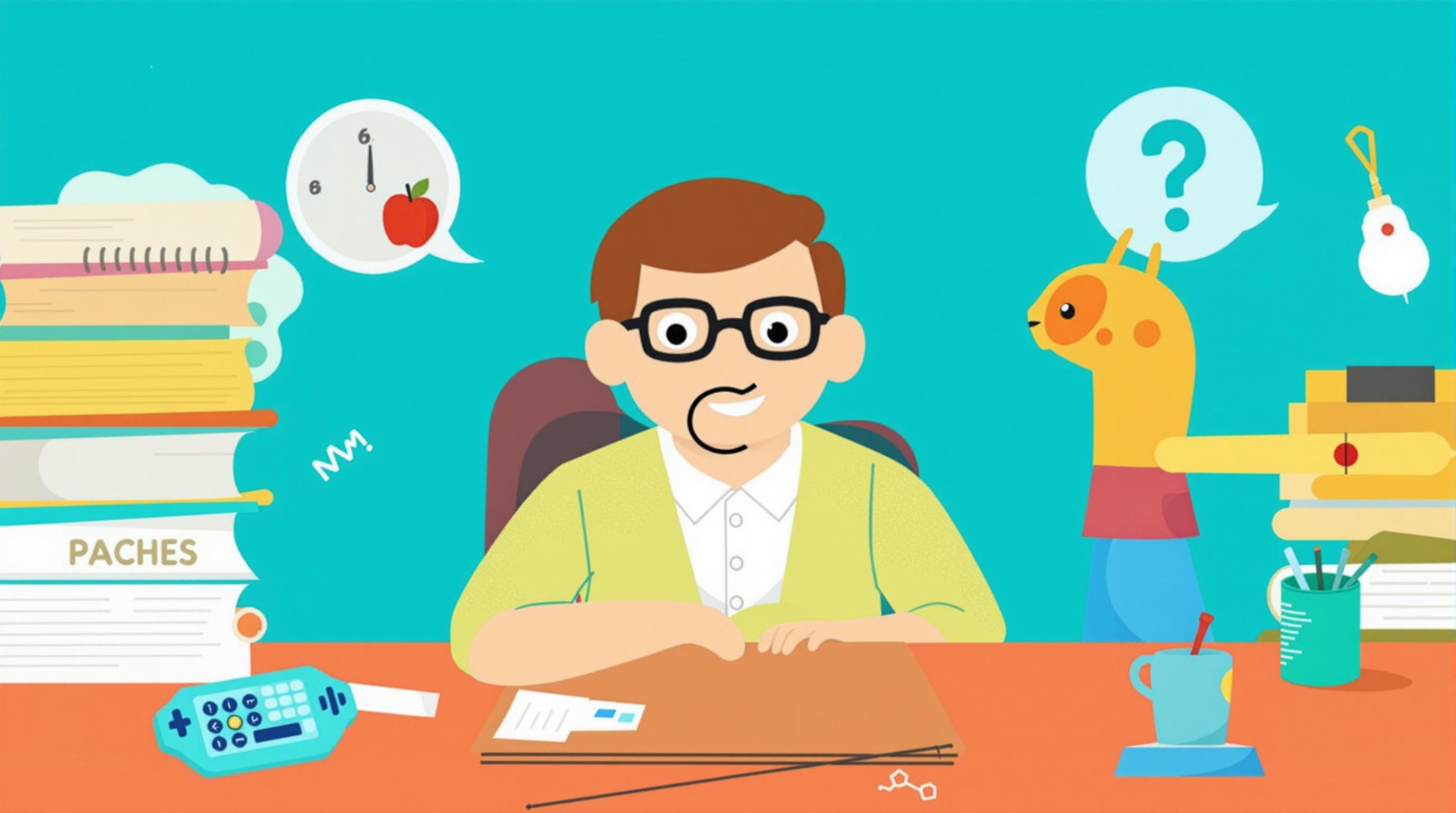Related Articles
- Uncharted Realms: Unveiling Serverless’ Role in Revitalizing Local Economies and Microbusiness Ecosystems
- Unearthing Surprising Synergies: How Serverless Solutions are Reinventing Events and Experiential Marketing Strategies
- Serverless Beyond the Cloud: Unpacking Its Role in Wildfire Management and Ecological Restoration Efforts
- Harnessing Digital Detox: Unplugging to Unleash Creative Energy and Ignite Workplace Performance
- The Surprising Role of Aroma: How Scents Can Unleash Hidden Productivity Boosts in Your Workspace
- Unlocking the Power of Serendipity: How Chance Encounters Can Enhance Team Productivity and Innovation
Harnessing Digital Detox: Unplugging to Unleash Creative Energy and Ignite Workplace Performance
Harnessing Digital Detox: Unplugging to Unleash Creative Energy and Ignite Workplace Performance
In our hyper-connected world, a digital detox can unleash hidden reservoirs of creativity and improve workplace productivity. This article dives into the myriad benefits of unplugging, backed by stories, statistics, and practical tips for achieving a more fulfilling work-life balance.
The Science of Disconnecting
Did you know that, according to a study by the American Psychological Association, prolonged exposure to screens can lead to increased stress, anxiety, and decreased productivity? The very devices we rely on for efficiency can be a double-edged sword, as frequent notifications and information overload prevent us from focusing deeply. By consciously deciding to unplug, we allow ourselves to reconnect with our thoughts and creative impulses.
The Digital Detox Trend
Digital detoxes are becoming a buzzword in mental health and wellness. Companies like Basecamp have embraced this trend by encouraging employees to take time away from screens and focus on personal and professional growth. By introducing tech-free retreats into their culture, these organizations report improved worker satisfaction and productivity, leading to a boost in creativity.
Real-World Examples
Consider the story of Sarah, a 28-year-old graphic designer who felt creatively stagnant. After listening to a podcast about digital detoxing, she took a week off her devices—email, social media, and even Netflix! What did she discover? A newfound affection for painting and sketching, which had long been overshadowed by endless scrolling. Sarah's creativity flourished, and upon returning to work, she produced a groundbreaking project that garnered rave reviews.
This tale isn't unique; many professionals have seen similar shifts in their creativity following a digital detox.
The Numbers Speak
According to a survey conducted by Statista in 2021, about 79% of participants reported feeling "too connected" to their devices. Meanwhile, 68% expressed a desire to implement a tech-free day, shedding light on the growing need for balance in our digital lives. The disconnect can have transformative effects both personally and professionally.
Steps to Implement Your Digital Detox
So how can you enjoy the benefits of a digital detox without tossing your smartphone into the nearest lake? Here are some practical steps:
- Set Clear Goals: Ask yourself why you want to detox. Is it for creativity? Reducing stress? Increased focus? Defining your objectives will guide the process.
- Start Small: Try a tech-free evening or a full day on the weekend. Gradually increase your detox periods once you acclimate.
- Find Alternative Activities: Engage in hobbies that have nothing to do with screens, such as reading books, gardening, or even exercise. Allow your mind the chance to wander and think outside the box.
Unlocking Workplace Potential
Employers benefit significantly from fostering an environment where digital detoxing is encouraged. Companies that support their employees in disconnecting are often met with improved morale and heightened motivation. Simple shifts, such as implementing "no email" hours or promoting tech-free breaks, can stimulate a culture of creativity.
Creativity on the Clock
Research from Adobe shows that 75% of executives believe that creativity is crucial for driving economic growth. Yet, less than 30% of employees feel they're living up to their creative potential at work. By cultivating a digital detox culture, organizations can realign this misbalance, drawing out the latent creativity amongst their teams.
The Humor in Unplugging
Now, let’s be honest—unplugging can feel like trying to perform surgery with one hand tied behind your back while simultaneously balancing on a pogo stick. Suddenly, the urge to check your phone outweighs the need to breathe. We’ve all been there! A word of advice: consider stashing your phone in the freezer—it's cold and far away, ensuring it's out of arm’s reach!
Mindfulness and Mental Health
Practicing mindfulness alongside digital detox methods can do wonders for your mental health. According to the Mayo Clinic, mindfulness can improve focus and emotional regulation. Coupled with a break from screens, it creates a perfect storm for unlocking that much-needed creative energy.
Mindful Techniques to Try
Here are a few techniques to pair with your digital detox:
- Mindful Breathing: Take a few moments to focus solely on your breath. Inhale deeply, hold for three counts, and exhale slowly.
- Nature Walks: Disconnect by taking a stroll outside. Notice the sounds, scents, and sights. Being present can recharge your creativity.
- Guided Meditation: Use apps (ironically) like Headspace or Calm for structured sessions that encourage a mindful break.
Your Turn: Take the Plunge!
Look, if you've read this far, you're seriously considering a digital detox—and you should! Dive into it wholeheartedly, and don’t forget: it might feel uncomfortable at first but think of the rewards. Look at it as an adventure awaiting you!
Case Studies: The Transformative Power of Digital Detox
One organization, The Mindfulness Project in London, offers digital detox workshops, allowing participants to reconnect with themselves and each other. Feedback from these sessions often highlights participants stating they felt rejuvenated, more engaged, and significantly more productive after returning to their routines. On average, productivity levels increased by an astonishing 20% for participants in the month following their detox.
This isn’t just anecdotal; scientific evidence supports the benefits of unplugging.
Create Your Own Digital Boundaries
Setting digital boundaries is a crucial part of maintaining this newfound balance. Whether it's creating tech-free zones in the workplace or establishing no-tech times at home, these boundaries can help ensure you reclaim your time and creativity. Consider the strategies below to create sustainable boundaries:
- Turn Off Notifications: Let’s face it—those pings don’t do anyone any favors. Switch them off and reclaim your focus.
- Create Tech-Free Times: Designate specific times each day when you redirect your attention away from screens—perfect for fostering creativity and relationships!
- Communicate with Colleagues: Inform your team about your digital detox efforts. You’d be surprised how many will want to join!
Final Thoughts: The Digital Detox Movement
In an era where we are constantly bombarded with information, taking a step back and unplugging might feel counterintuitive. However, as you’ve learned from this article, the benefits of a digital detox far outweigh the initial discomfort. From supercharging your creativity to enhancing workplace performance, unplugging allows your mind to breathe, imagine, and innovate like never before. So, grab that metaphorical soapbox, stand up, and proclaim: “I’m going to unplug, and I dare you to join me!”
Remember, no one will be handing out gold stars for being the first to respond to an email or like a post at 2 AM. Rest easy, and let your creative energy flow; after all, the best ideas often emerge when we step away from the screen.





